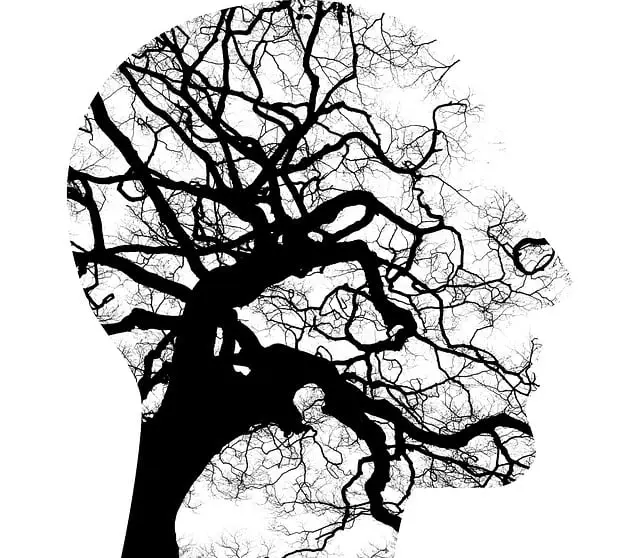In today's fast-paced world, the increasing demand for mental wellness coaching programs reflects a societal shift towards prioritizing emotional well-being, as evidenced by initiatives like Kaiser Permanente mental health Highlands Ranch. These programs address the growing prevalence of mental health issues and the traditional healthcare system's holistic shortcomings. Effective coaching models require a blend of clinical expertise and innovative practices, tailored to diverse client needs, incorporating evidence-based techniques and personalized strategies. Community-based initiatives gain popularity for their accessibility and adaptability to local needs, with evaluation methods combining qualitative feedback and quantitative metrics. Crisis Intervention Guidance ensures coach preparedness, enhancing program credibility and participant satisfaction.
Mental wellness coaching programs are gaining prominence, especially within healthcare systems like Kaiser Permanente. This article explores three key aspects of their development, focusing on why these programs are essential for improving mental health outcomes. We delve into the specific design of a successful model at Kaiser Permanente Mental Health Highlands Ranch and assess community-based initiatives, highlighting strategies for implementation and evaluation. By examining these approaches, we aim to empower organizations in creating effective coaching programs.
- Understanding the Need for Mental Wellness Coaching Programs
- Designing Effective Coaching Models for Kaiser Permanente Mental Health Highlands Ranch
- Implementing and Evaluating Success in Community-Based Coaching Initiatives
Understanding the Need for Mental Wellness Coaching Programs

In today’s fast-paced world, the demand for mental wellness coaching programs has risen significantly, as people increasingly recognize the importance of emotional well-being. Initiatives like those offered by Kaiser Permanente mental health Highlands Ranch highlight this growing trend. The need for such programs stems from the increasing prevalence of mental health issues and a growing awareness that traditional healthcare systems often fall short in addressing them holistically. Many individuals struggle with stress, anxiety, depression, and other conditions that can impact their daily lives and overall quality of life.
This shift towards prioritizing mental wellness is further emphasized by the Mental Health Policy Analysis and Advocacy, which underscores the necessity of integrating emotional intelligence and cultural sensitivity into mental healthcare practices. Emotional intelligence equips individuals with the skills to manage their emotions effectively, while cultural sensitivity ensures that mental health services are accessible and tailored to meet the diverse needs of a varied population. By combining these elements, mental wellness coaching programs can foster meaningful improvements in individual well-being, making them an indispensable resource for promoting mental health and resilience in today’s society.
Designing Effective Coaching Models for Kaiser Permanente Mental Health Highlands Ranch

Designing effective coaching models for Kaiser Permanente mental health Highlands Ranch requires a nuanced approach that balances clinical expertise with innovative practices. The program should be tailored to meet the diverse needs of clients, incorporating evidence-based techniques and personalized strategies. One key component is integrating risk assessment tools like those used by mental health professionals to identify potential hazards and tailor interventions accordingly.
Moreover, empathy building strategies are essential to fostering strong coach-client relationships. Coaching models should emphasize active listening, non-judgmental attitudes, and open communication channels to promote emotional healing processes. By combining these approaches, Kaiser Permanente can develop a comprehensive program that not only addresses immediate mental health concerns but also equips clients with long-term coping mechanisms for sustained well-being.
Implementing and Evaluating Success in Community-Based Coaching Initiatives

Implementing community-based coaching initiatives for mental wellness is a strategic approach gaining traction, especially in areas like Highlands Ranch, where accessible support is vital. Programs such as those offered by Kaiser Permanente focus on fostering resilience and coping mechanisms within diverse communities. The success of these initiatives lies in their adaptability to local needs, ensuring that coaching methods align with cultural sensitivities and existing resources.
Evaluating the effectiveness of community-based coaching requires a multifaceted approach. By combining qualitative feedback from participants and stakeholders with quantitative metrics, programs can measure impact. For instance, tracking improvements in mental health scores, attendance rates at community events, and the adoption of Compassion Cultivation Practices or Mind Over Matter Principles can demonstrate success. Additionally, Crisis Intervention Guidance ensures that coaches are equipped to handle acute situations, enhancing overall program credibility and participant satisfaction.
Mental wellness coaching programs, as exemplified by initiatives at Kaiser Permanente mental health Highlands Ranch, are transforming community support. By designing effective models and implementing them in diverse settings, we can significantly enhance access to mental healthcare. The success of these programs underscores the importance of tailored coaching strategies in addressing individual needs. As we continue to navigate the landscape of mental health support, community-based coaching initiatives offer a promising path towards improved wellness for all.






